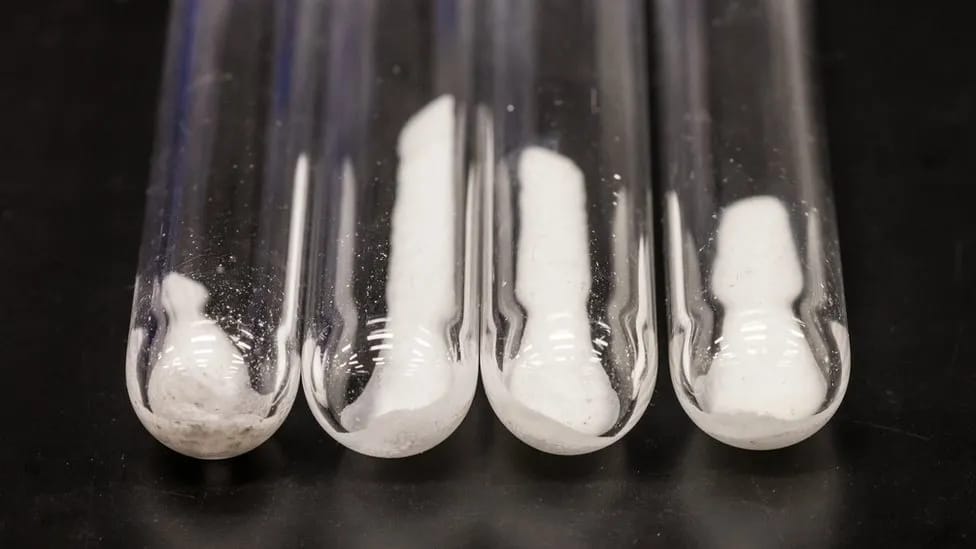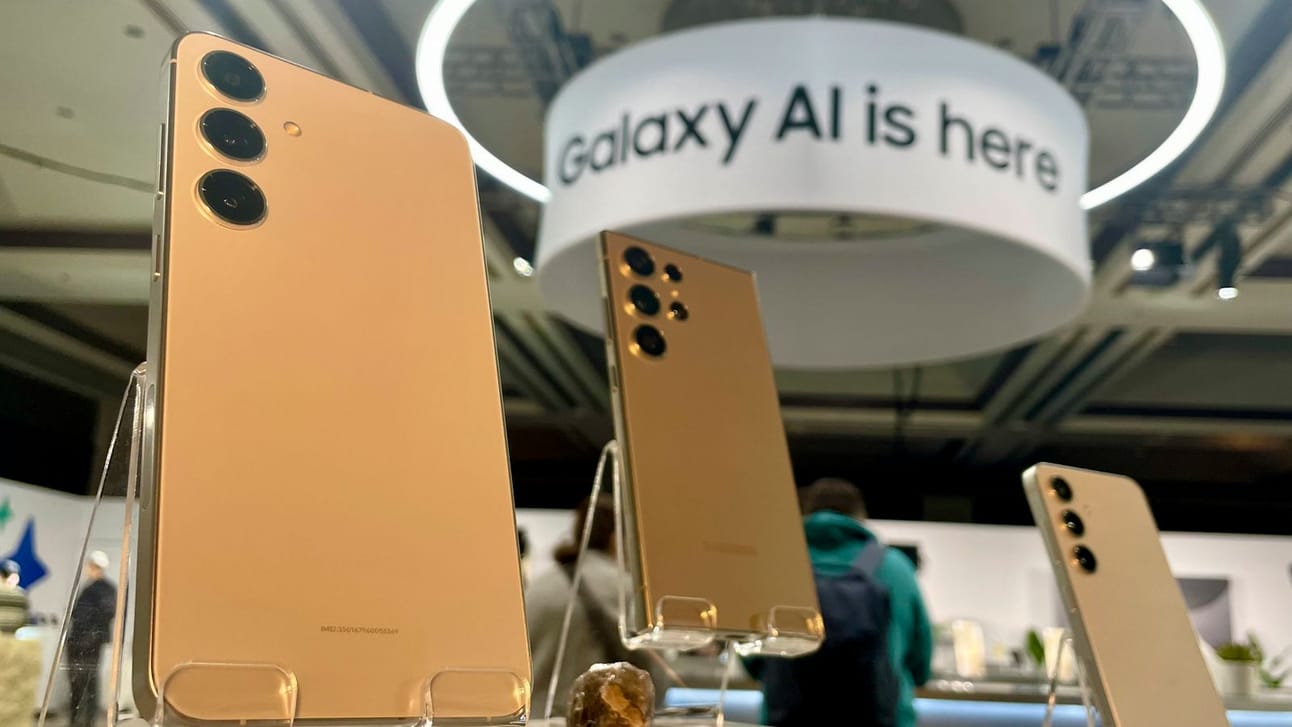- Flipped.ai Newsletter
- Posts
- AI Unlocks Groundbreaking Antibiotics Against MRSA
AI Unlocks Groundbreaking Antibiotics Against MRSA

Transform your hiring with Flipped.ai – the hiring Co-Pilot that's 100X faster. Automate hiring, from job posts to candidate matches, using our Generative AI platform. Get your free Hiring Co-Pilot.
Dear Reader,
Flipped.ai’s weekly newsletter read by more than 75,000 professionals, entrepreneurs, decision makers and investors around the world.
This week's newsletter takes you on a journey through the AI landscape, showcasing the week's top 5 news highlights and additional insights.
Before, we dive into our newsletter, checkout our sponsor for this newsletter.
🚀Join this 3-hour power-packed workshop (worth $99) for FREE and learn hacks to 10X work output and grow your business.
With AI & ChatGPT, you will be able to:
✅ Make smarter decisions based on data in seconds using AI
✅ Automate daily tasks and increase productivity & creativity
✅ Skyrocket your business growth by leveraging the power of AI
✅ Save 1000s of dollars by using ChatGPT to simplify complex problems
Today’s Menu
AI Unlocks Groundbreaking Antibiotics Against MRSA
AI Discovery Cuts Lithium Usage in Batteries by 70%
Samsung Integrates Google's Advanced AI into Galaxy S24 Series Smartphones
AI Robocall Mimics Biden to Suppress Votes in New Hampshire
MIT CSAIL Develops AI Models for Early Pancreatic Cancer Detection
AI Unlocks Groundbreaking Antibiotics Against MRSA: A Milestone in Over 60 Years

Source: Oceane Duboust
Scientists have discovered the first new class of antibiotics for drug-resistant Staphylococcus aureus (MRSA) bacteria in over 60 years, thanks to artificial intelligence (AI). The breakthrough, detailed in Nature, involved using a deep-learning model to predict the activity and toxicity of a new compound that could combat drug-resistant bacteria. Researchers at MIT focused on MRSA, a bacterium responsible for severe infections. By training an extensively enlarged deep learning model with an expanded dataset, they identified compounds with predicted activity against MRSA and minimal harm to human cells. The study marks a significant advance in the fight against antibiotic resistance. [Link]
AI Discovery Cuts Lithium Usage in Batteries by 70%

Samples of the new solid electrolyte discovered by Microsoft AI and HPC tools
Microsoft and the Pacific Northwest National Laboratory (PNNL) have employed artificial intelligence (AI) and supercomputing to identify a groundbreaking material that could reduce lithium use in batteries by up to 70%. This discovery, named N2116, was achieved through an accelerated process using AI and high-performance computing, compressing what would have taken over two decades into less than a week. The material, tested successfully in a working battery prototype, has the potential to address the rising demand for lithium-ion batteries in electric vehicles and electronic devices while minimizing environmental impact. [Link]
Samsung Integrates Google's Advanced AI into Galaxy S24 Series Smartphones

The new line-up of Samsung Galaxy S24 phones. Pic: AP
Samsung has announced its upcoming Galaxy S24 series, featuring integration with Google's generative artificial intelligence (AI) technology. The phones will utilize Google's Gemini Nano, the most efficient large-language model, and access Gemini Pro and Imagen 2 text-to-image tech through the cloud. Notable AI features include live translation during phone calls in multiple languages and dialects, AI-powered summarization and classification in Samsung applications, and advanced photo editing capabilities with the Imagen model. The phones are set to go on sale at the end of January, marking Samsung's lead in incorporating advanced AI into everyday devices. [Link]
AI Robocall Mimics Biden to Suppress Votes in New Hampshire
The New Hampshire attorney general is investigating an AI-generated robocall impersonating President Joe Biden's voice, urging voters to abstain from Tuesday's primary election. The recorded message falsely suggests that voting in the primary prevents participation in the November election. The call, traced back to Kathy Sullivan's personal number, prompted law enforcement involvement. Experts caution that such AI manipulation could escalate in future elections, emphasizing the need for regulatory measures to counter disinformation tactics. The incident underscores the growing threat of AI-generated deepfakes in the realm of political campaigns. [Link]
MIT CSAIL Develops AI Models for Early Pancreatic Cancer Detection

Source: Rachel Gordon | MIT CSAIL
MIT Computer Science and Artificial Intelligence Laboratory (CSAIL) researchers collaborate with medical professionals to create two advanced machine-learning models, PRISM neural network and logistic regression, for early detection of pancreatic ductal adenocarcinoma (PDAC). These models, utilizing a vast electronic health record database from across the U.S., outperform existing methods, with PRISM detecting 35% of PDAC cases compared to standard criteria identifying 10%. The models aim to facilitate early intervention and hold promise for global implementation in routine healthcare settings. [Link]
Are you ready to revolutionize your learning experience? Introducing to you our brand new YouTube Channel, "Flipped Classrooms"!
Unlock a world of knowledge with Flipped Classrooms! Enjoy exclusive, free access to our extensive upcoming library of 100+ courses powered by Flipped.ai. Dive into learning, explore new horizons, and empower yourself. Subscribe for exciting updates and let's flip the script on traditional learning! [Link]
Thank you for being part of our community, and we look forward to continuing this journey of growth and innovation together!
Best regards,
Flipped.ai Editorial Team

